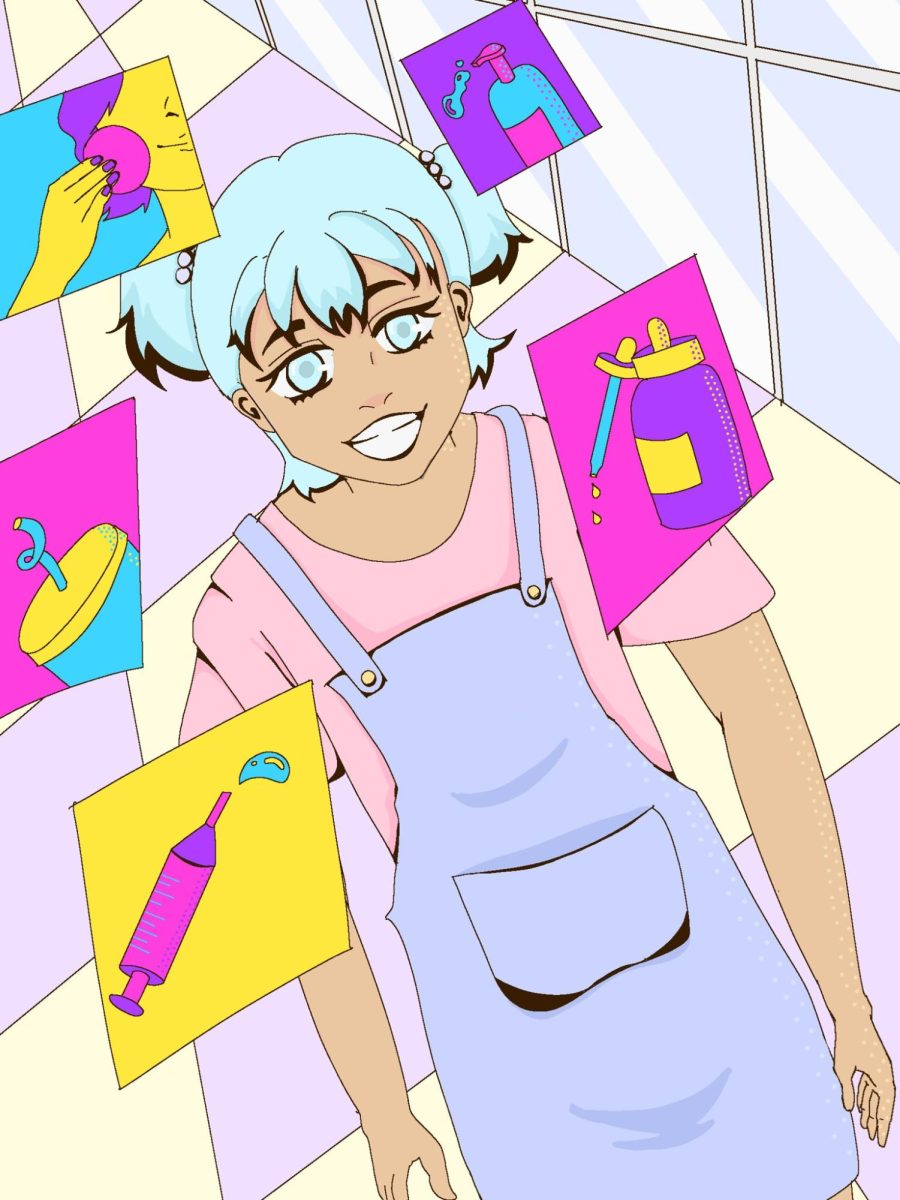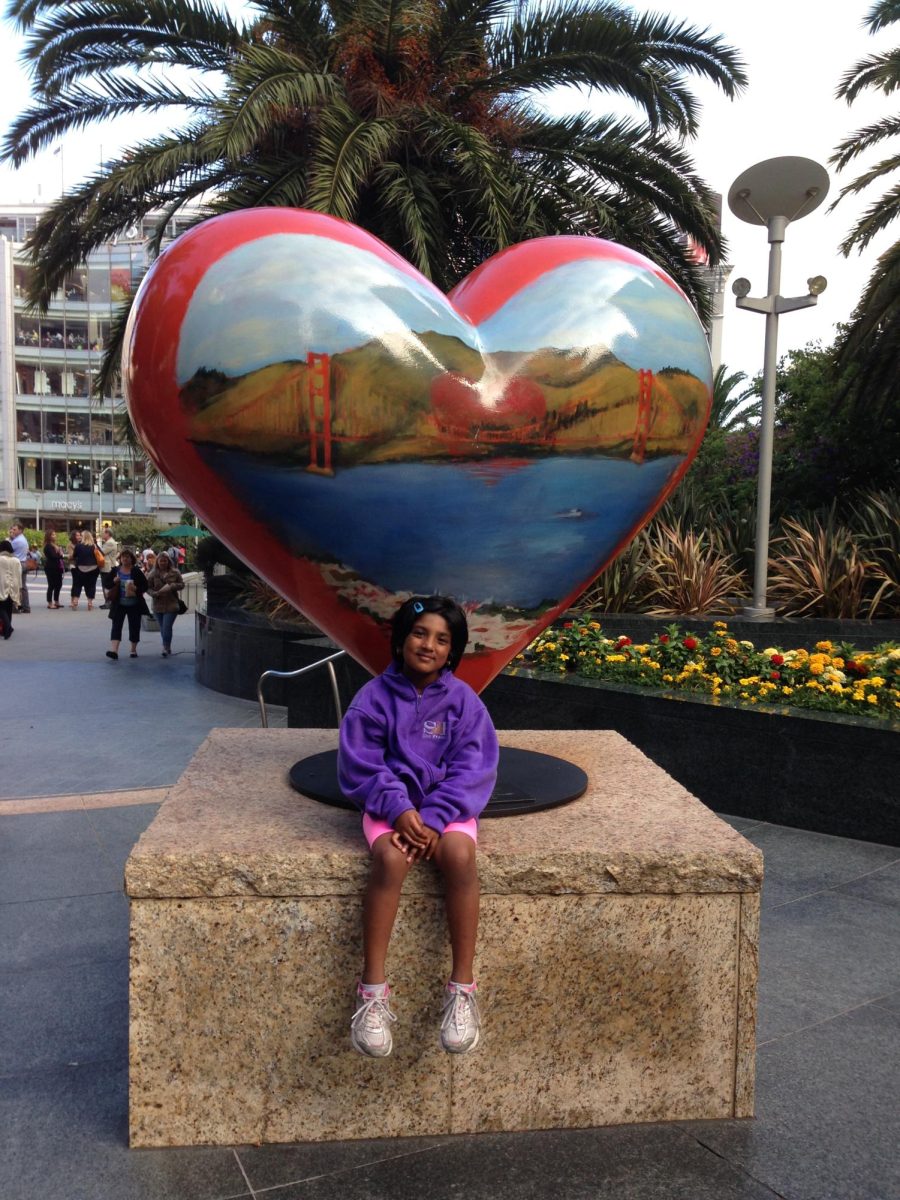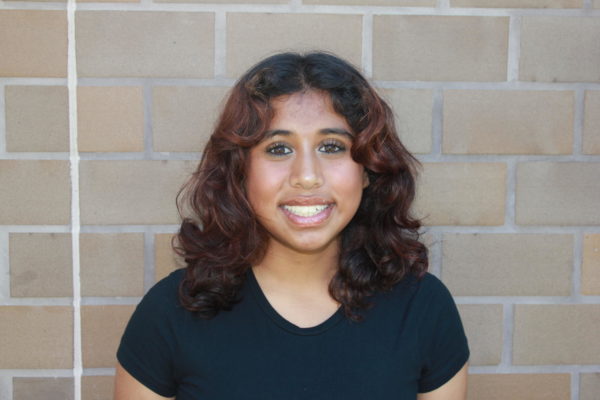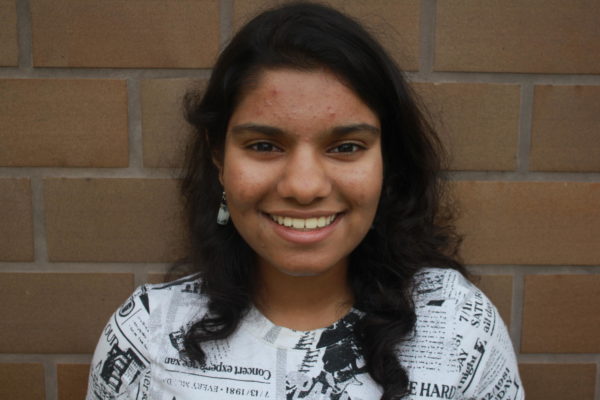As a Gen Z child, I recall creating a slime business with my friends, making a YouTube channel and playing with fidget spinners, amongst other fond memories. However, I despised going to the mall and shopping for clothes and beauty items. Nowadays, whenever I go to the mall, it is chock-full of Gen Alpha children fresh out of fifth grade, purchasing items intended to exceedingly enhance their visual appearance: items I didn’t even know existed until I was fifteen.
Two trending brands on TikTok are Drunk Elephant and The Ordinary, both skincare brands that are extremely popular amongst the young crowd. These brands use harmful ingredients for young skin, such as retinol, glycolic acid and vitamin C. Vitamin C is used to increase collagen production, but you only start losing collagen around your 20s. Glycolic acid is used to remove acne and scarring from acne; young kids usually never struggle with skin problems such as those. Retinol is downright harmful, causing irritation and allergies as it destroys the skin barrier. It baffles me that kids think these products are necessary.
The appearance of these preadolescent children in stores meant for grown people concerns individuals, as expressed on social media apps. Users expressed annoyance all over TikTok. A user by the name @natsodrizzy, describes how she witnessed a young girl make her mother purchase $500 worth of beauty products meant to have “anti-aging” and “wrinkle-removing” properties. Another user by the name of @nemu.jo, remarks how she encountered an obscene small child in Sephora.
Instead of painting these children as villains, consider who is truly indulging their behavior. When young children gain access to social media, they gain access to a whole new world. They see young beauty influencers preaching the importance of skincare, botox, etc. Of course, kids would get influenced by this and start to think that they also require these products. The solution is not banning kids from Sephora and makeup stores but targeting the root of this problem. Don’t allow children to use social media apps where they are likely to get influenced easily.








